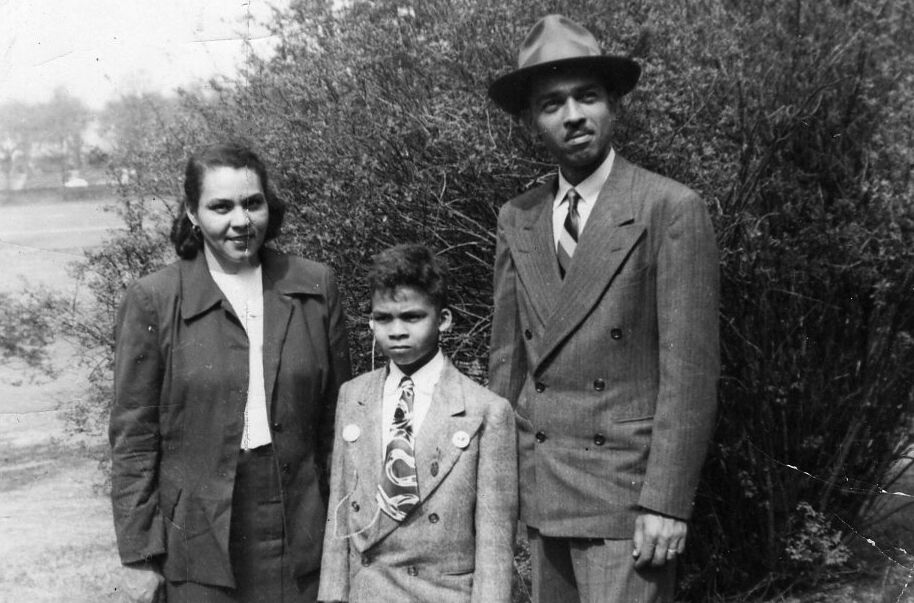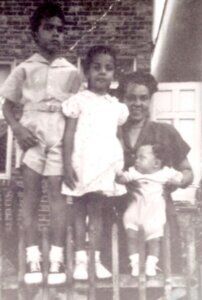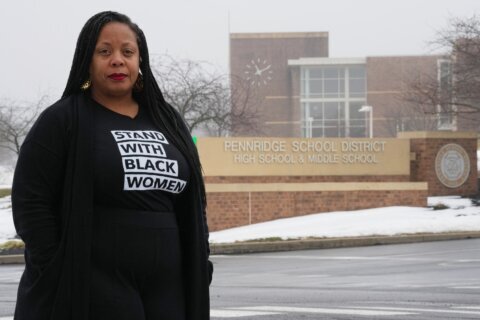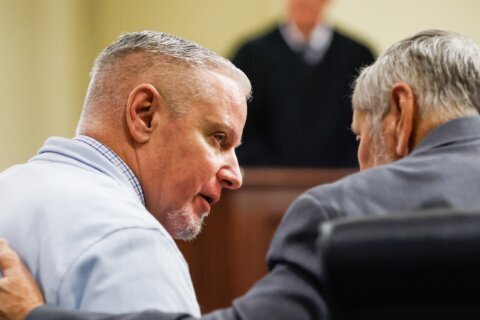
D.C.’s Gallaudet University for deaf and hard-of-hearing students is stepping up a multimillion-dollar campaign to right some of the historical wrongs against its Black students.
In the early 1950s, Louise Miller and her husband were raising three deaf sons and a daughter who was not deaf, (though she’s since become hard of hearing in recent years). Her deaf children were barred from attending the Kendall School for the Deaf, D.C.’s only elementary school for deaf students, located on Gallaudet University’s campus.
The reason? Deep-seated racial segregation.
In 1952, Miller and several other families of deaf children joined forces and sued the District’s school board — and won.
Their victory opened the door to the landmark Brown v. Board of Education case a few years later.
Now, more than 70 years later, Gallaudet has launched a $23 million fundraising campaign to honor Miller. It’s called the Necessity of Now campaign.
“It’s time to know our history,” said Evon Black, interim co-director of the university’s Center for Black Deaf Studies. “Her movement, her voice came to a place where Black deaf children got what they needed.”

Funding for the center and the research it spearheads will be covered in the campaign, too. It is the world’s first center of its kind, designed to “preserve and advance Black deaf history and culture, including Black American Sign Language,” according to the university’s website.
So far, Gallaudet has raised about $8 million toward the project, Black said.
“We all know white deaf history. But black deaf history we don’t know,” she told WTOP. “We should fully know it and share those stories. And it’s really our business to keep record of that.”
The center was behind a graduation ceremony this past summer that honored former Black deaf students who never received their diplomas from Gallaudet.
Researchers found at least 23 Black deaf students and four Black teachers who attended and worked at the Kendall School Division II, the segregated school for Black deaf students at Gallaudet.
Miller’s son Kenneth attended the school between 1952 until 1954, when the U.S. Supreme Court made school segregation unconstitutional.
“It breaks my heart,” Black said. “With this campaign, we shine a light. It took Black deaf children to suffer to dissipate the South’s segregation. It really opened many doors.”
The campaign will also fund an outdoor learning space on the school’s campus to remember Miller’s legacy. Black said the $13 million garden space will highlight the Black deaf community’s fight for awareness, freedom and healing. A date for groundbreaking on the garden has yet to be determined.
“They really had to fight all those different obstacles to get the same education,” Black said. “We want to remember the purpose of the fight.”







